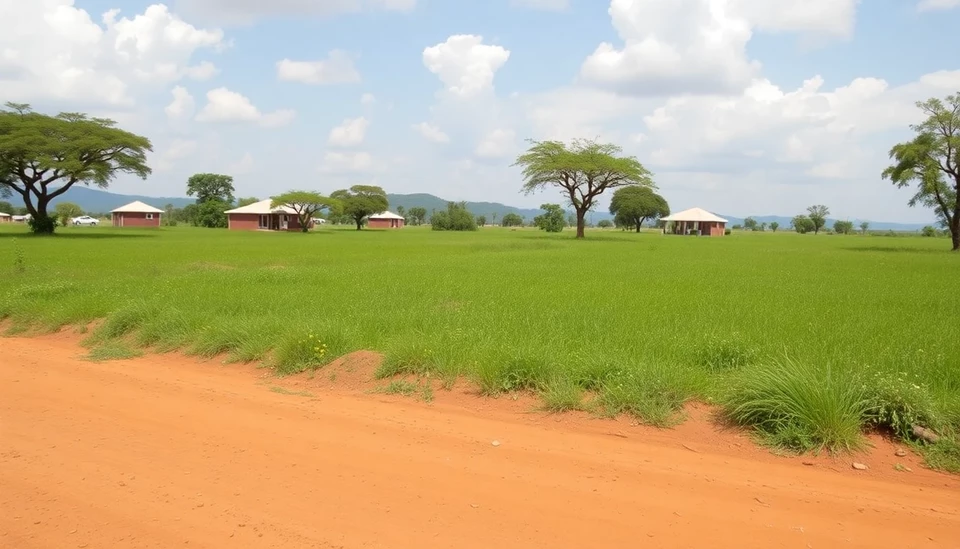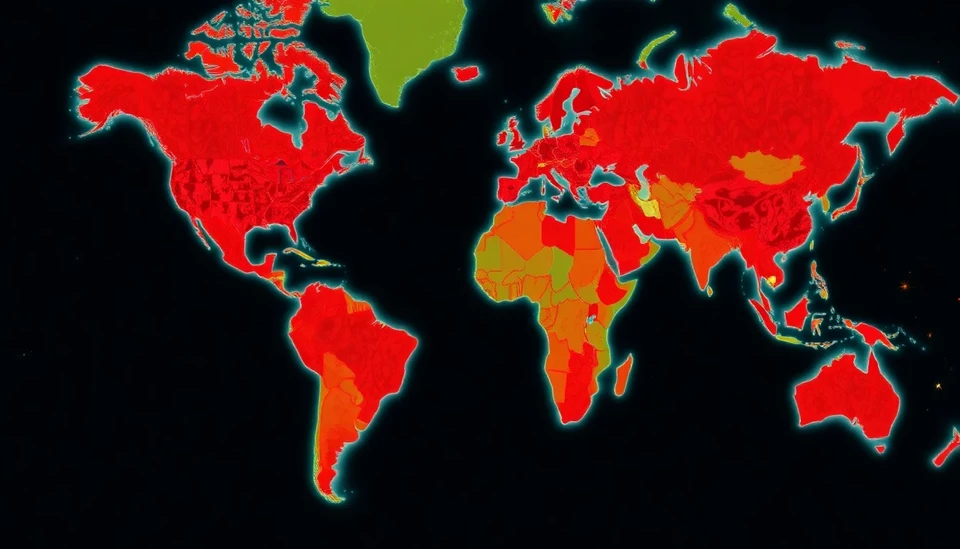
The Africa Centers for Disease Control and Prevention (Africa CDC) has announced its commitment to enhancing local health financing in response to an anticipated reduction in U.S. funding that supports essential health initiatives, particularly in the battle against HIV. This strategic shift comes at a critical time when international support is at risk of diminishing, putting crucial health programs under threat across the continent.
This development follows a recent announcement from the Biden administration signaling plans to slash HIV funding, a move that has raised alarms among health experts and advocates who fear it could undermine years of progress in combating diseases that disproportionately affect African populations. The U.S. has traditionally been a significant contributor to these health initiatives, and cuts could dramatically impact services that have been vital for millions.
In light of these changes, the Africa CDC is prioritizing the mobilization of domestic resources to ensure that local health systems are fortified and sustainable. This initiative will likely involve engaging governments, private sectors, and local communities in developing funding strategies aimed at securing financial support for health programs. The goal is to create a resilient health framework that can withstand external financial fluctuations.
A key component of this initiative is improving the capacity of African nations to fund their health systems independently. The Africa CDC emphasizes the importance of establishing a more robust local financing infrastructure that can better respond to health crises without relying heavily on foreign aid.
In its push for local health funding, the Africa CDC is aiming to tap into alternative sources of revenue, such as increased tax revenue and public-private partnerships. These measures are expected to not only enhance health outcomes but also contribute to broader economic development across the continent.
The urgency of this initiative cannot be overstated, given recent data highlighting a worrying rise in HIV infections and other communicable diseases in the region. With the ever-present threat of pandemics, ensuring local health systems are adequately funded and prepared is critical for long-term health security in Africa.
As part of its advocacy, the CDC will be calling upon African governments to prioritize health in national budgets and explore innovative financing solutions. Health experts suggest that investing in health is not just a moral imperative but also an economic one, as healthier populations contribute more effectively to economic growth and stability.
Moving forward, the Africa CDC is determined to galvanize support around this critical agenda, rallying stakeholders across sectors to forge a unified front in favor of local health funding. The forthcoming months will be crucial in determining the trajectory of health funding in Africa and the effectiveness of these initiatives in safeguarding the continent’s health future.
In conclusion, with U.S. funding potentially diminishing, the Africa CDC's focus on local health financing appears not just timely but essential. This approach aims to create a sustainable health environment and ensures that African nations are equipped to handle both current and future health challenges head-on.
#AfricaCDC #LocalHealthFunding #HIVRelief #HealthSecurity #SustainableDevelopment
Author: Victoria Adams

